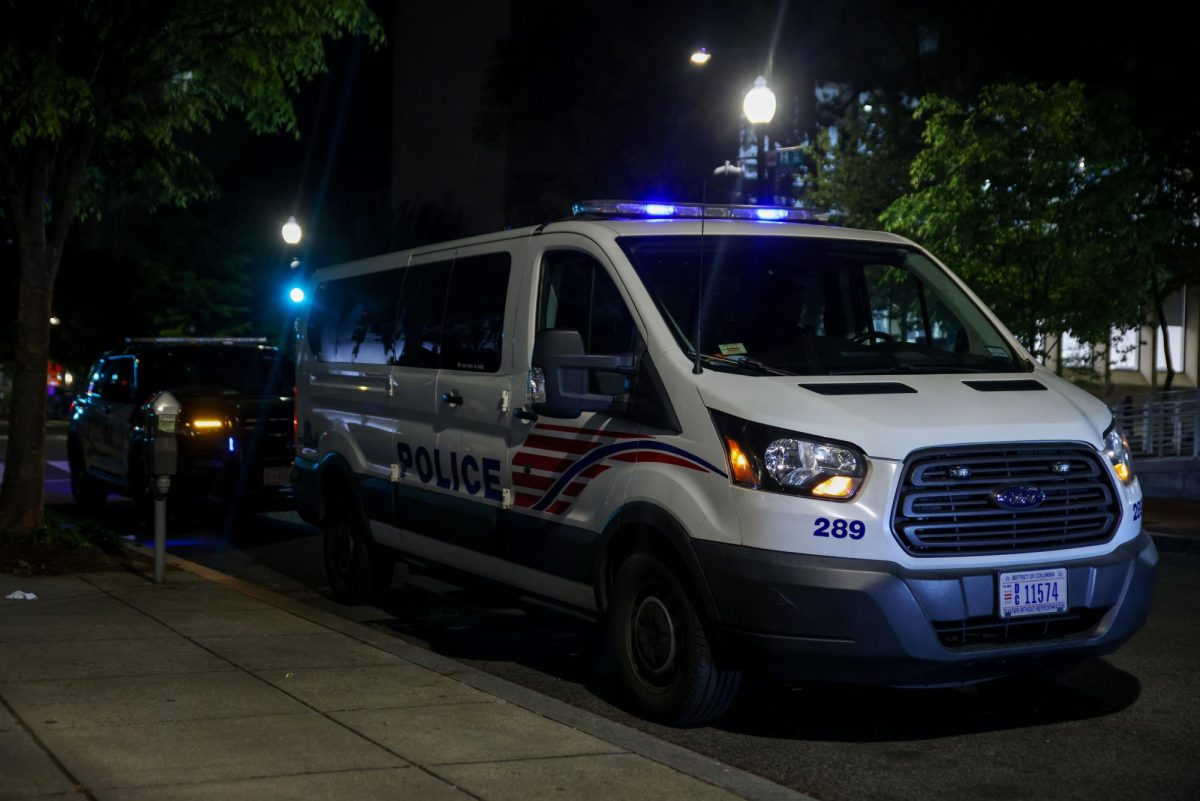(U-WIRE) LOS ANGELES – The end of legalized gambling on amateur sports may be near, as the Amateur Sports Integrity Act will go to the entire Senate soon after the U.S. Senate Commerce Committee approved the act April 13.
The support for the bill satisfied the NCAA, one of the bill’s most fervent sponsors.
We could not be more pleased, Doris Dixon, NCAA director of federal relations, said. The overwhelming vote of support is very gratifying.
The Amateur Sports Integrity Act is just one of several bills introduced into both the U.S. House and Senate this year that aim to close a loop-hole in the Professional and Amateur Sports Act, enacted in 1992. That act prohibited gambling on sports in all states except Delaware, Montana, Nevada and Oregon. Currently, Nevada is the only state that allows gambling on college sports. If passed, the Amateur Sports Integrity Act would prohibit gambling on amateur sports in Nevada also.
It will be nice to see betting on collegiate sports made illegal, said Jim Muldoon, Pac-10 assistant commissioner of public relations.
Sen. John McCain (R-Ariz.), is chairman of the Senate Commerce Committee, is a main proponent of the bill. According to Dixon, McCain teamed with Sen. Sam Brownback (R-Kan.) to co-sponsor the Amateur Sports Integrity Act after withdrawing from the Republican presidential race in March. His support of the bill, Dickson said, has been one of the main reasons why it has moved through the Commerce Committee so quickly.
When McCain approached the NCAA, he was very enthusiastic about eliminating sources of point shaving and point spread scandals, Dixon said.
In his opening statement at the bill’s hearing, McCain indicated that banning legalized betting on college sports would be a service to student athletes throughout the country.
Legalized gambling on kids is wrong, McCain said in a statement after the bill was approved. They should not be reduced to a point spread and a spectacle for wagering. By closing the Las Vegas loophole and banning college sports gambling completely, we will end a practice that has exposed college athletes to unwarranted pressure, bribery and corruption.
But Sen. Richard Bryan (D-Nev.) disagrees, arguing the bill will be ineffective in curbing gambling on amateur athletics and that its only intent is to give Nevada the shaft.
According to the Associated Press, in fiscal year 1999 the Nevada gaming industry took in $2.3 billion in sports wagers, with 30 to 40 percent of the money bet on college sports. Should the Amateur Sports Integrity Act pass, Nevada’s economy will lose more than just the betting revenue, said Tom Foukels, a member of Bryan’s staff.
Since many people go to Nevada just to place bets on sporting events, restaurants and hotels will also suffer, Foukels said.
In an attempt to spread the burden of combating gambling on amateur sports, Bryan sought to add several amendments to the bill, which would require the NCAA and its member-schools to deal with illegal gambling more directly. All the amendments failed.
The fact the amendments were defeated proves that the intent of this bill is to only place the blame on Nevada, said John Shelk, spokesman for the American Gaming Association.
Shelk pointed out that the NCAA also profits from the entertainment its member institutions provide because it makes billions of dollars annually on television contracts and advertising. As a result, he said, the NCAA should fund anti-gambling programs.
The problems are on college campuses and are not related to the professional bookies in Las Vegas, Shelk said.
According to the National Gambling Impact Study Commission, sports gaming amounts to $380 billion annually, making wagering in Nevada only 1 percent of the total.
A nationwide amendment to the bill that would make 21 the legal age to gamble was also rejected because the Commerce Committee did not believe it had sufficiently investigated its possible effects.
Other bills such as the High School and College Gambling Prohibition Act and Combating Illegal College and University Gambling Act have been fueled by a recommendation made last year by the NGISC to completely ban betting on all collegiate and amateur sporting events.
Both were introduced in February, but they are still in the Senate Judiciary Committee.
-John Suehiro
Daily Bruin (U. California-Los Angeles)







